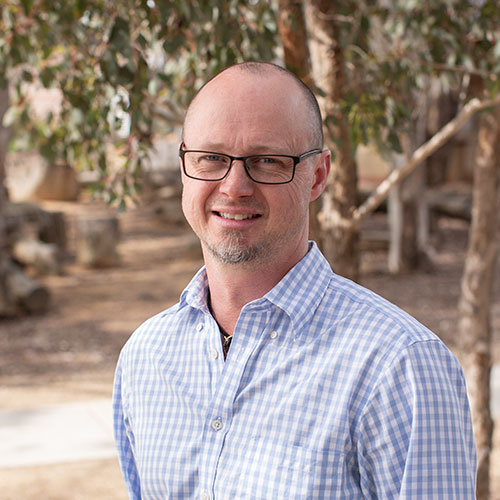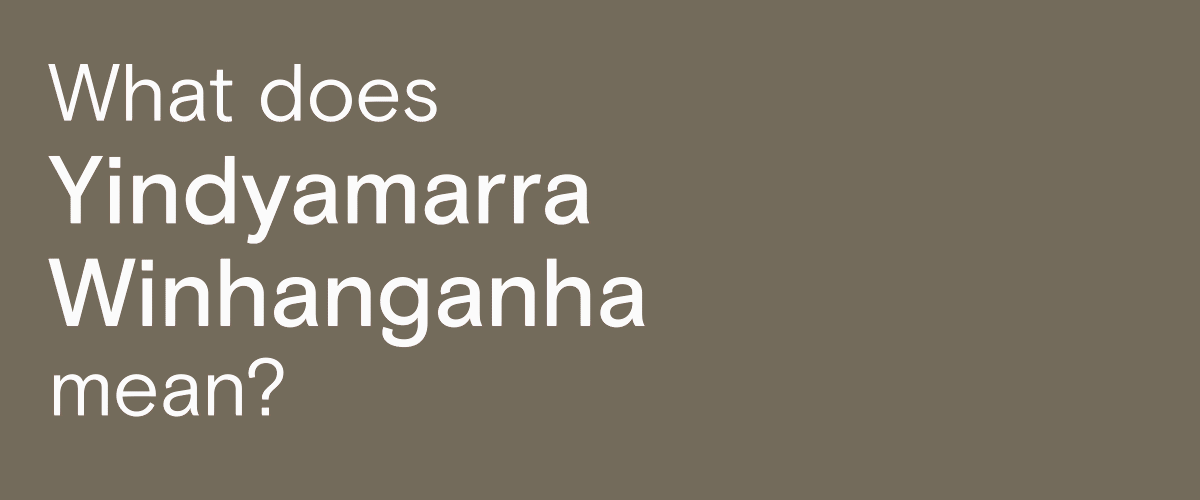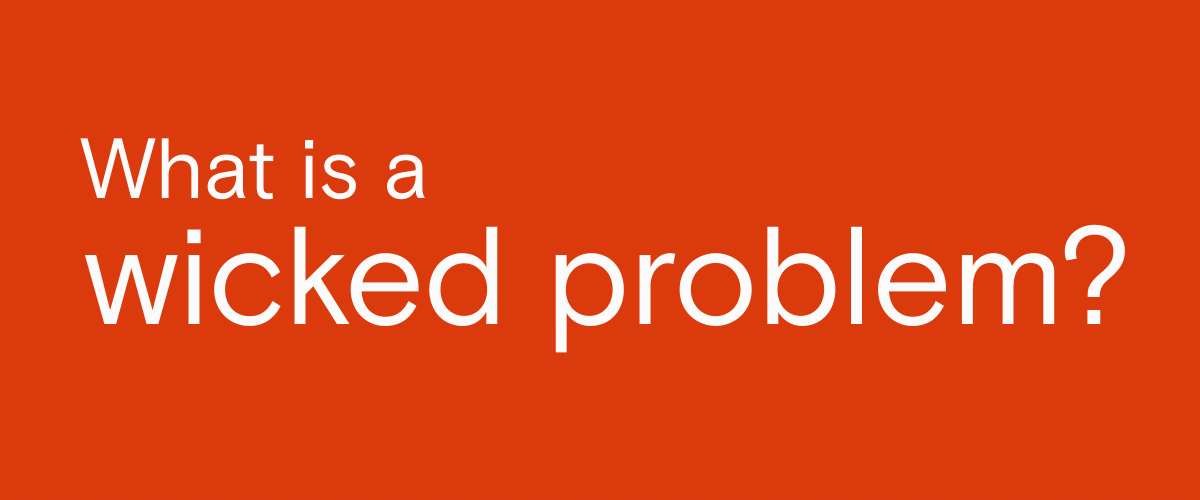
The story of us – Homo sapiens – is intriguing and complex. We’re unique creatures living in a rapidly changing world and we continue to face new challenges and opportunities. The study of humans, and all we’ve done, has always been of value. But studying the humanities now is probably more important than ever before!
We chatted with Charles Sturt University’s Jared van Duinen, who’s been teaching humanities for more than 15 years, and asked: what exactly are the humanities and why is it so important to study them in the 21st century?
So, what are the humanities?
First things first. When you sign up to learn about humanities, what sorts of topics will you study?
“Well, traditionally, the humanities are those disciplines that deal with human interaction, society and how humans get along in society. So think history, sociology, philosophy, politics, English literature and Indigenous studies.”
Why is it so important to study humanities?
Learning about ourselves – through the various humanities – helps us to create a better world.
“It’s the human in humanities that is worth studying. Humanities can tell us about ourselves, how we interact and get along and why we sometimes don’t!”
“Studying the humanities helps us to better understand who we are, our identity as a people, a society and a culture, and how to organise our societies so we can achieve our goals.
“Importantly, the study of humanities is a wonderful way of exploring our Charles Sturt ethos of Yindyamarra Winhanganha.
“Obviously STEM – science, technology, engineering and mathematics – has a role to play in creating a world worth living in. But the study of humanities can help create a better world, just as much, if not more so, than scientific and technological innovation.”

Tackling the world’s issues
Jared believes that understanding the humanities can help you deal with all sorts of issues and problems facing the world. Big, small and ‘wicked’ ones! How? By taking you behind the human scene, giving you an insight into some really valuable information, and equipping you with a unique set of skills.
- History. Studying the past helps us understand where we’ve come from and learn lessons to help us deal with the future.
- English literature helps us explore the great themes of human interaction and better understand each other.
- Sociology helps us to understand human behaviour, culture and the workings of society.
- Philosophy helps us to think well, clearly, ethically and logically.
- Politics. Learning about political processes and their impacts will help us understand how social and political change occurs.
- Indigenous studies is especially important because Australia has an Indigenous population. If we’re trying to create a world worth living in, a fuller understanding of the perspective of our Indigenous population is essential.

A practical reason to learn about the humanities – the ultimate skill set!
The other super valuable reason to study humanities is more practical. Studying humanities will give you knowledge and skills that you can use all throughout your working life! And grads who study in this field are catching the eye of more and more employers.
“People who study these disciplines are really important to employers. They gain these important, sought-after skill sets:
- effective communication
- critical thinking
- creative thinking
- emotional intelligence
- working well in teams
- cultural understanding
- problem solving.
“Humanities grads have always had these skills in abundance, but for a long time these skills were disregarded or overlooked because they were generic. They didn’t speak to a particular vocation.
“But the world of work is changing, becoming more unpredictable. It’s suggested that a lot of graduates coming out of uni now will change careers five to seven times. So those more well-rounded, transferable or soft skills you gain from studying history, philosophy or English literature will really become important. Having them is now seen as a strength because you can carry them from one occupation to your next. And recent studies highlight that these types of soft skills – the ones humanities graduates gain – are what helps them land jobs.
“Employers say these skills matter. They can teach technical knowledge, but they don’t always have the time or know-how to teach employees these vital soft skills. They look for employees who have these skills well-honed and are ready to work.”
Studying humanities gives you a swag of soft or transferable skills. That means you’ll be the employee who is more flexible. You can pivot from one role to another and adapt faster to changing roles. You become an asset. Now – and definitely into the future!
What jobs are there in humanities?
So, guess you want to know what sort of career you could go into? Studying humanities with Charles Sturt can really take you places – even if you’re not sure where you want to go just yet.
What sort of jobs, you ask?
- Public service – in local, state and federal government. (History grads often end up in the Department of Foreign Affairs and Trade!)
- Non-governmental organisations, not-for-profit groups and advocacy groups
- Corporate sector – management and marketing, publishing and media
- Social work
- Teaching
- Policy work
“Studying humanities through our revitalised Bachelor of Arts allows you to study a wide range of disciplines. And that’s especially ideal for those who aren’t quite sure what career path they’ll go down. Those who don’t necessarily know what job they do want, but know they want to study.”
But what about the rise of job automation. How will studying humanities protect you from losing a job to a robot? It all leads back to those very special skills that you’ll build!
“With the increasing automation of many industries, those skills that are resistant to automation, such as critical thinking, cultural understanding, and creative problem solving, are going to be in greater demand.”
Set yourself up for success – now and in the future!
Want to explore the humanities and build a degree that’s meaningful to you and sets you up for career success? Keen to develop the ultimate soft skill set that will help get your first job – and your second and third and fourth? Check out our Bachelor of Arts and let’s get to work!
Bachelor of Arts CRICOS code: 000649C


You must be logged in to post a comment.